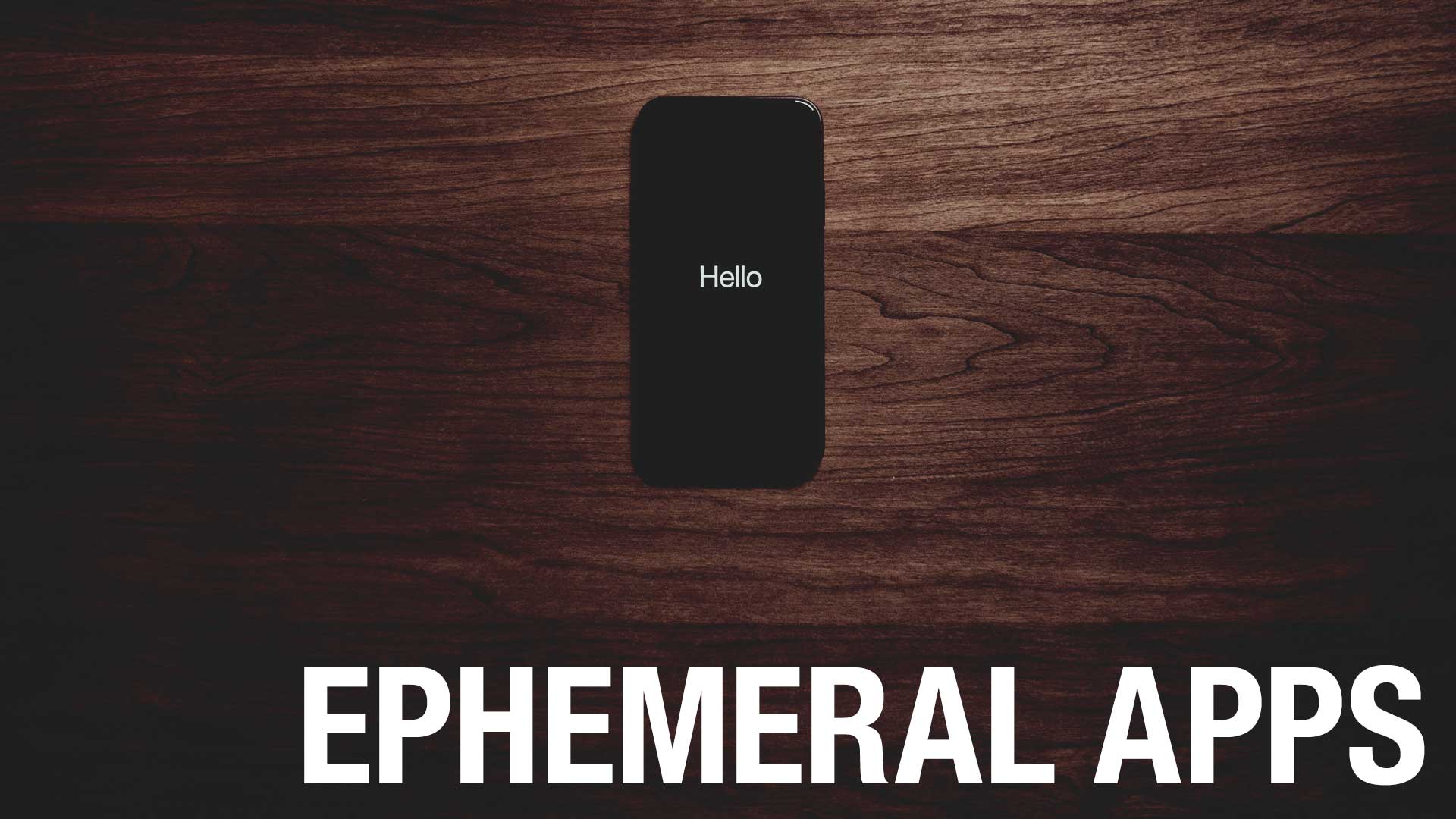In the past, there was an app for everything. People were happy to download those apps. However, people evenually got tired from installing apps for everything. It’s easy to see why this has happened. Some apps did not live up to the expectations, other apps are often used sporadically for a very specific task. For example, a (music) festival app is used only for a short time before and after the festival. A business matching app is used only during business events. A conference app is only used during the conference. An airport app is only useful when you are at the airport. A hotel app provides useful services only during your stay. And so on.
Convenience is king
Those one-time or sporadic-use apps have lower chances for installation. It is certainly not complicated to install an app, but convenience rules. It’s simply not convenient to register (yet another) userprofile with a new password and go through all those motions (2 factor authentification, etc.) time and again. And btw. why do I need to fill out personal data for the n-th user profile?
This is why some apps provide the means to reuse different accounts (e.g., facebook, twitter) for a login. However, this comes often with a catch. In return for the login, those apps get access to your social media data and share it with third parties.
There must be another way
Ephemeral messaging has been popularized by apps like snap. In these apps, messages were only shown for a limited amount of time. We’ve also utilized this approach in our apps for our customers: messages have a pre-defined validity and are automatically removed from the news feed.
Now we’ve extended this approach to apps. Our ephemeral app framework creates ephemeral apps. These are apps that are installed by the user for a given purpose and are automatically removed, archived respectively, when they do not serve their purpose anymore. There is no need for user registrations, etc. Thus, they are a perfect fit for scenarios like festivals, conferences and the like.
